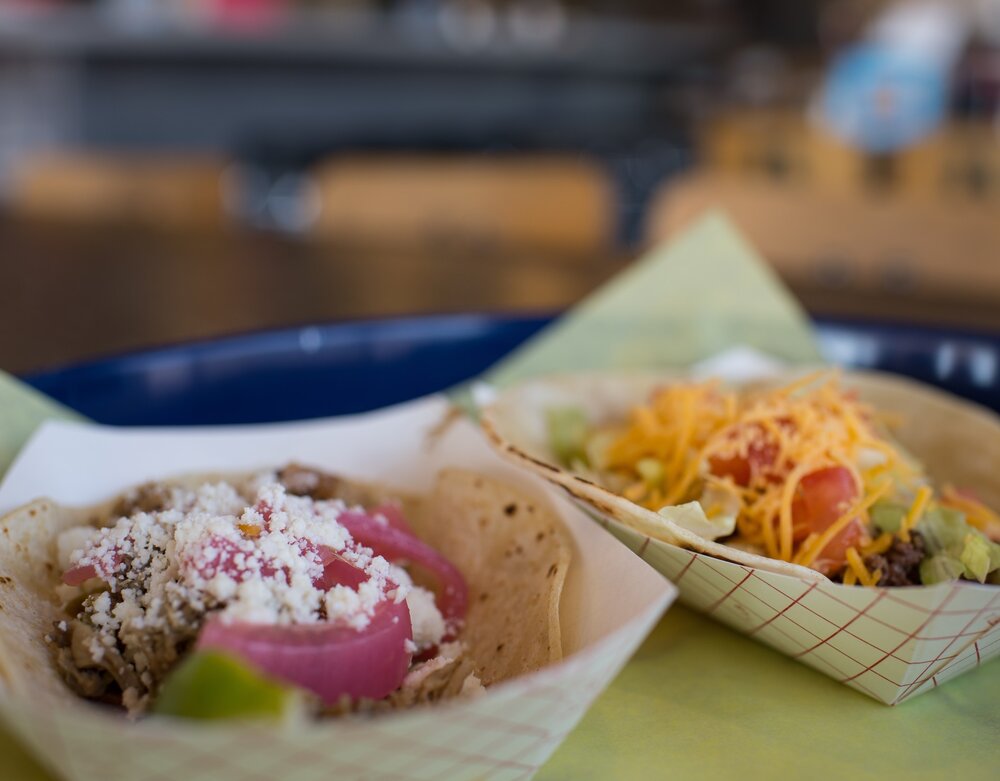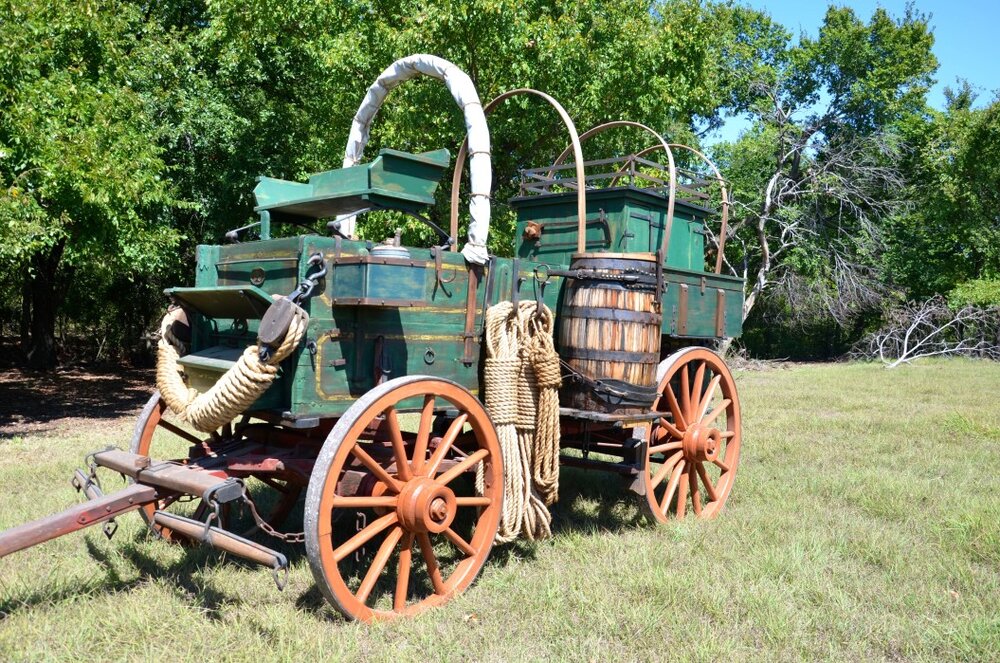Look Beyond: Fueling Authentic Flavor
Celia’s iconic red taco truck is the lifeblood of San Antonio’s taco culture.
Our full highlight on Chela’s Tacos dives into how this inspiring entrepreneur
is expanding her Mexican food empire with oil & natural gas products.
FOOD TRUCKS ARE FUELED BY OIL & NATURAL GAS.
Oil and natural gas products helped to bring both tacos and food trucks to life by aiding the convenience of food production at every level. For example, one 42-gallon barrel of oil alone creates 19.4 gallons of gasoline, in turn providing fuel for the food trucks. Natural gas is then used to create products that help make tacos, from the gloves and plastic pans used to cook them to the utensils, plates, and even the generator-powered stoves in the kitchen.
WHAT IS THE ESSENCE OF MEXICAN FLAVOR?
In San Antonio, locals know Celia’s bright red food truck as the real deal, but you’ll find her on Google Maps as “Chela’s Tacos”. Celia’s rapidly expanding Mexican food empire gives residents a taste of her father’s secret recipes – the ones that just couldn’t stay locked away in a cupboard. Today, her authentic Mexican cuisine features classic dishes that only come to life with “True Mexican Flavor” when they’re cooked over a gas stove.
THE TACO & THE TRUCK: A QUICK LOOK BACK
Tacos have become a delicious mainstay in popular culture. Everyone knows the best place to get a taco is from a taco truck. But where did taco trucks come from, and what powers the creation of this tasty food?
Tacos and food trucks seem like a classic combination in modern America, but it may be surprising to learn that the two came about at very different points in time.
After pushcarts and chuck wagons came into prominence as a convenient form of food service, followed shortly after by the rising popularity of the taco in America, it seemed only natural that this “street food” would become a staple of modern-day food trucks.
TACOS: A NEW WRINKLE IN TRADITIONAL MEXICAN CUISINE
While it isn’t exactly known where and how tacos first originated, the taco doesn’t have as long of a history as other traditional Mexican cuisines.
It’s believed that tacos first came about in either the 18th or 19th century in Mexican silver mines. One of the first varieties of the taco was the “taco de minero,” which is Spanish for “miner’s taco.”
The word taco, in fact, originally referred to the pieces of paper miners used to wrap around gunpowder before inserting into the rock face during mining. Seeing a resemblance to this paper’s fold and the way tacos (the food) were shaped, the name transferred and since has stuck.
Taquerías, aka taco shops, were originally geared mostly toward working-class Mexicans. Female migrants would come to Mexico City to sell tacos with recipes from all over the country. From there, the taco entered into the U.S. in the early 1900s through migrants traveling to Los Angeles. Initially considered a “lower class street-food,” they were first sold from tamale pushcarts in Los Angeles.


TAKING TACOS MAINSTREAM
While the hard taco was first patented in America by Mexican restaurants in the 1940s, it was the restaurant Taco Bell who popularized the taco in America on a mainstream scale. By using pre-fried hard taco shells instead of soft ones, they were able to serve tacos faster and with a longer shelf life compared to the soft variety. Although the taco originated relatively recently, the food trucks which sell them find their roots in the pushcarts of the late 17th century. While pushcarts couldn’t heat or cook food directly, they served pre-made lunches to workers in large cities such as New York and Chicago. Then, in 1866, Charles Goodnight invented the chuck wagon to help feed cowboys in the Wild West. These chuck wagons contained specialized areas for pot storage, washing up, and meal prep.
This led to the first real food trucks—the ice cream trucks of the 1950s. By the early 2000s, food trucks became a celebrated part of American dining, with their own awards and television shows featuring this unique form of food service and ingenuity. To this day, food trucks and tacos the world over delight communities and bring people closer together in an industry powered by oil and natural gas products.

